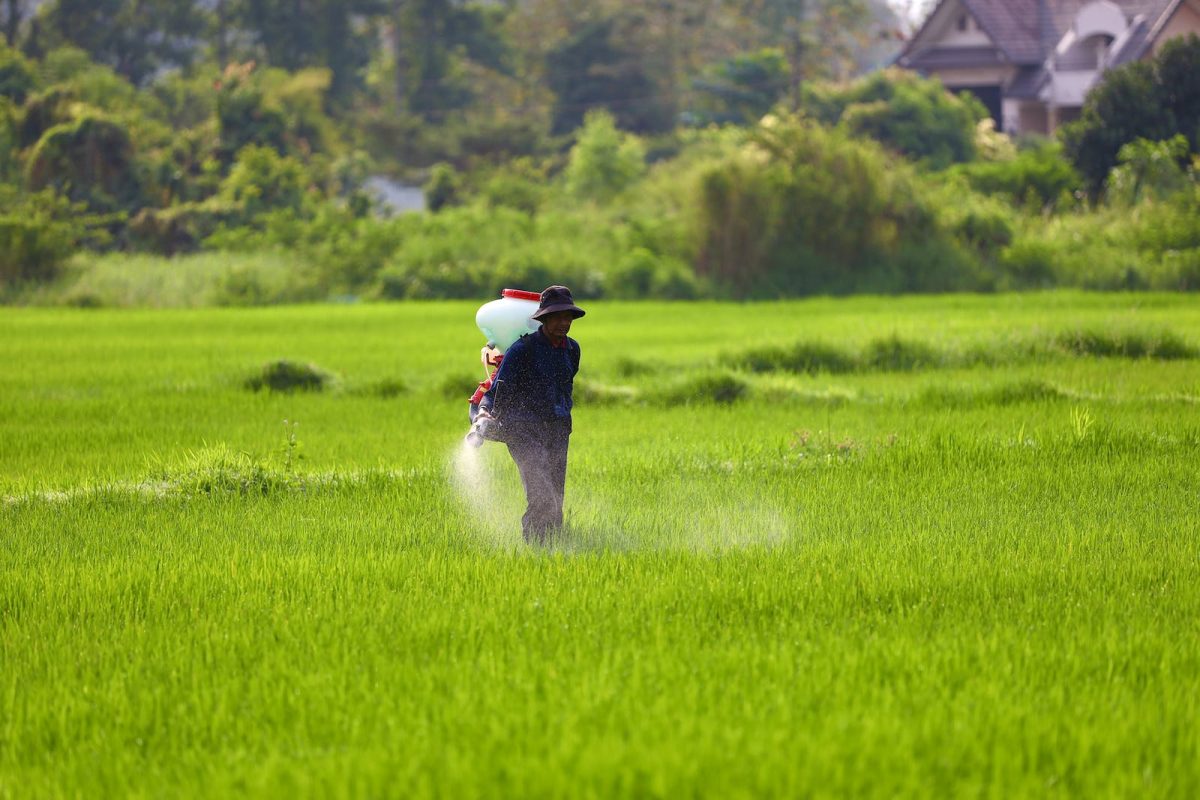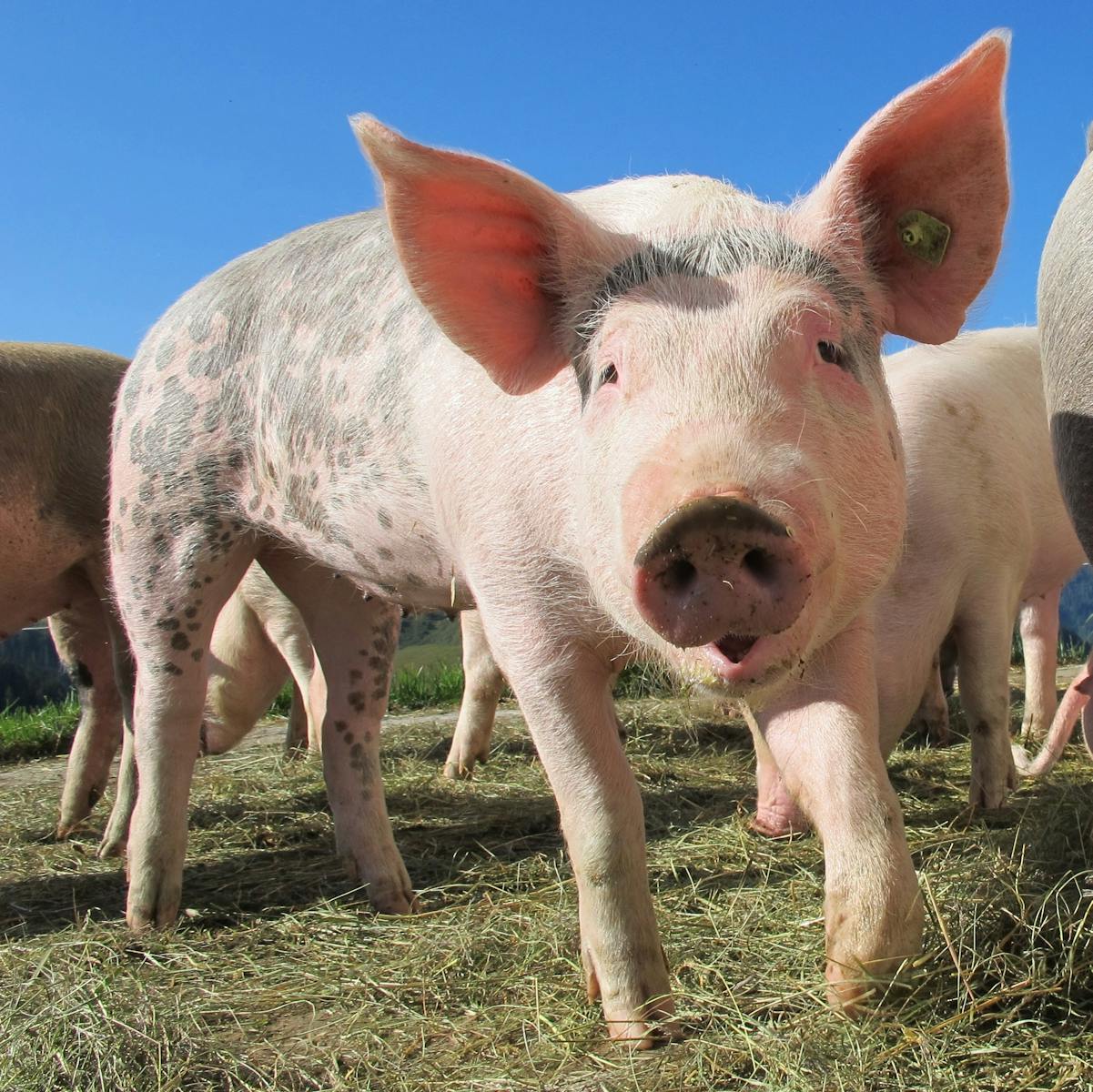What are pesticides?
Hundreds of millions of pounds of pesticide have been used to kill pests like mosquitoes and rats nationwide. Despite these millions of pounds, only about half of the pesticides used reach their intended target, the other half end up in our food, soil, water, etc. These pesticides are toxic to the human body and can cause long-term effects like birth defects and genetic changes. Because of this, it is critical to detect and remove the pesticides in our produce.
The sensor
A team of Brazilian researchers at the University of São Paulo and the Federal University of Viçosa have developed a biodegradable pesticide sensor that uses electrochemical sensors instead of the commonly used chromatographic techniques. These chromatographic techniques need large amounts of equipment and extensive amounts of time to respond. The electrochemical sensor only requires direct contact and no expensive equipment. Unlike other electrochemical sensors, this one is made of cellulose acetate, a biodegradable material. Tests have shown that cellulose acetate functions similarly to polyethylene terephthalate, the more commonly used material.
Effectiveness of ways to remove pesticides
The researchers also conducted tests for whether washing or soaking was effective in removing pesticides. The methods they tested were soaking lettuce and tomatoes and washing them, methods that are frequently used by many people. These methods were tested against two different pesticides: carbendazim and paraquat. 40% of the carbendazim and 60% of the paraquat from the lettuce were removed. 64% of both pesticides were removed from the tomatoes. These statistics show that just washing or soaking is ineffective in completely removing pesticides from food.
Possible uses
The sensor would be extremely beneficial to nearly everybody and greatly improve food safety in a world that is increasingly relying on chemicals. It could also be used by sanitary organizations to test the number of pesticides in produce or by farmers to monitor the pesticide levels in their fields. This could lead to farmers using less pesticide for the same result and reducing the usage of pesticides. Overall, it is impossible to deny that the sensor will make significant contributions to the everyday life of ordinary citizens to the health of an entire country.
Related Stories
https://phys.org/news/2024-02-biodegradable-sensor-pesticides-contact-surface.html
Take Action
https://www5.usp.br/english/education/undergraduate/





